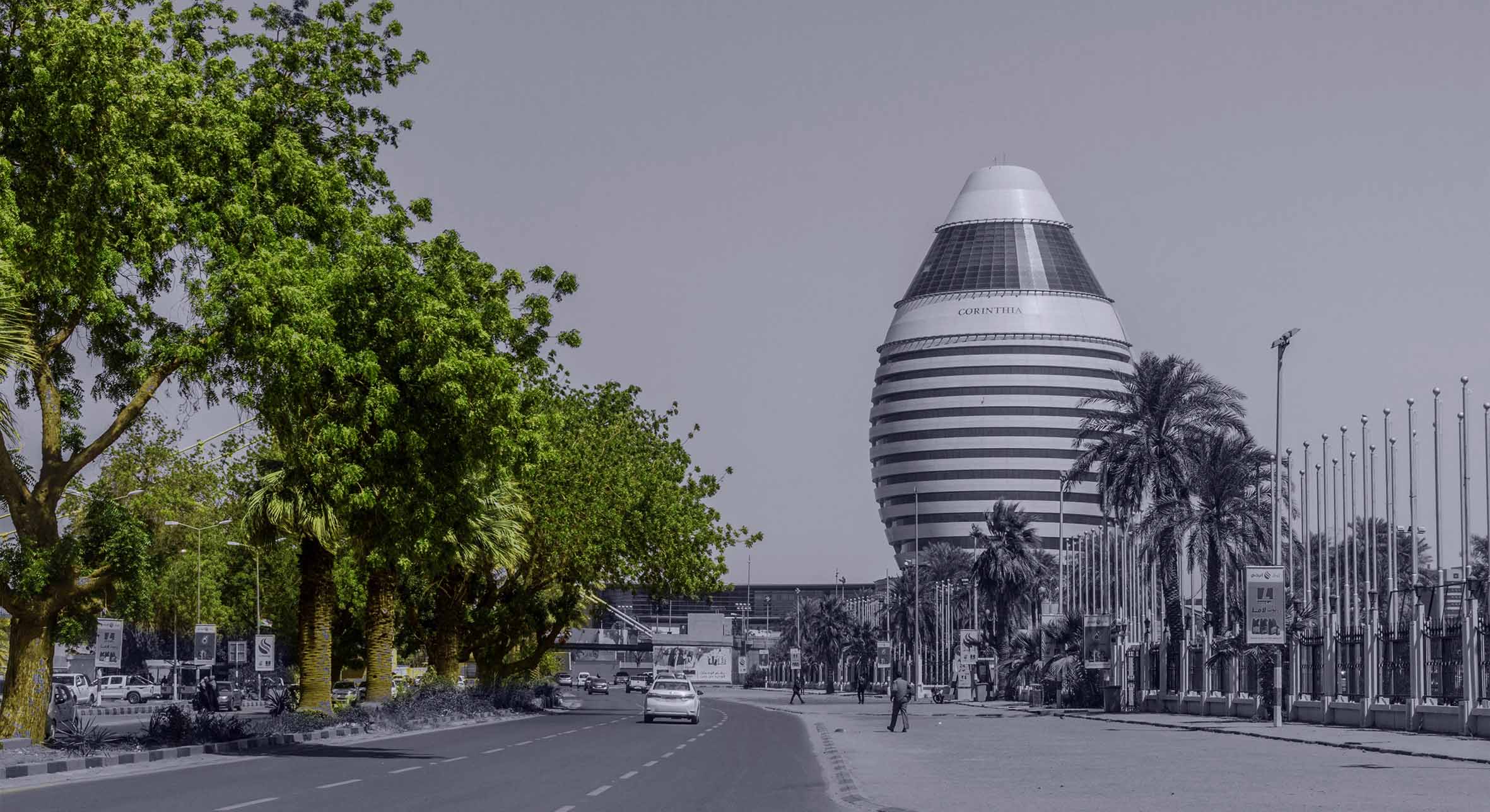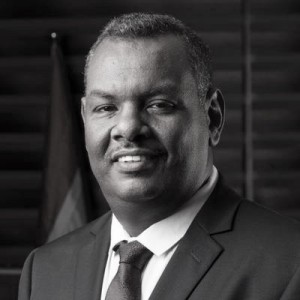
Sudanese Civil Society: Multiple Roles and Ongoing Challenges - Madani Abbas Madani

Sudanese Civil Society: Multiple Roles and Ongoing Challenges - Madani Abbas Madani
Introduction
Civil society in Sudan has played a critical role in Sudan's history since its independence in 1956. It contributed to shaping the national movement and contributed significantly to encouraging private education and organizing the people of Sudan. Its pioneering role continued during periods of national rule and resisted all forms of authoritarian regimes. Civil society in Sudan has been constantly interacting with political, social, and economic changes. The question of its roles and tasks has remained a continuous dialogue.
Since the December 2018 revolution, Sudan has been undergoing significant changes. It transitioned from a revolution to a coup and finally to war. This path imposes various challenges on civil society, which continues to resist and contribute to altering the direction towards peace, democratic transformation, development, and human rights.
This article attempts to touch on specific points related to the Sudanese society's contributions to the revolution, the debate over the political roles of civil society, the impact of war, and the changes in civil society brought by the contribution of youth and grassroots groups. It concludes with great hope for the future role of civil society in Sudan.
The Debate on Civil Society's Political Role in Sudan
Civil society in Sudan plays multiple roles. It performs various developmental, political, cultural, and social roles. Its forms and nature of activities are diverse, extending to form a broad framework that includes civil society organizations, unions, women's and youth movements, grassroots groups, and everything that falls under the concept of civil society.
This diversity in the forms and activities of civil society in Sudan makes it more vital and dynamic. At the same time, its expansion into different spaces, especially in the political sphere, raises many discussions and debates about the limits of its participation in the political sphere, the extent to which this dynamism can lead to political and social changes, and whether it can lead to the emergence of new social movements, especially with the involvement of highly dynamic youth groups in civil society.
Dialogues and debates about Sudanese civil society continue today under the impact of the war that has engulfed most of its region. The state's role is declining parallel to the militarization of the public sphere. Can civil society overcome the restrictions on its activities? or will the decline in the state's role be in its favor to play additional roles through its humanitarian and human rights interventions? This article approaches these dialogues and the extent of their usefulness in social dialogue in Sudan in light of the rapid and pivotal changes on the path of revolution and war.
Civil Society and the December 2018 Revolution:
Civil society was a significant contributor in the confrontation against the National Congress regime in Sudan and in leading the struggles that led to its overthrow in April 2019 through a civil political alliance (Freedom and Change) that included professional groups and civil society organizations in addition to the main political blocs in the countries. In partnership with the military leadership, this alliance formed the transitional authority in Sudan.
Civil society contributed effectively to the formation of the transitional government, which is exceptional. Although it was accepted and encouraged by the political forces, the situation quickly turned into tension, mainly because political polarization affected many civil society components through the politicized elements within them. For example, the Professionals Association, which played a symbolic role in forming the Freedom and Change Alliance, was divided.
Participation in the transitional authority also raised fears among political forces that civil society would become a political competitor. Within civil society, the experience of the transitional authority revealed the absence of an agreed-upon vision of the limits of civil society's political role. Some believed that participation in the transitional authority was imposed by the agreement to form a non-political government to manage the transition. Others thought that participation in political power contradicts civil society's oversight role and harms its effectiveness and vitality.
Civil Society Challenges Amid War and Public Space Militarization
War in Sudan broke out in Khartoum between the same military parties that carried out the coup against the transitional civilian authority, the army and the Rapid Support Forces (RSF) at the instigation of the Islamic movement in the country. It aimed to restrict the civil and political sphere and obstruct the course of the Sudanese revolution, accusing civil forces of treason and disrupting civil activity since the beginning of the war. The state of dynamism that characterized civil society activity turned into a state of anticipation and caution as activities related to participation and human rights stopped.
With the expansion of the war and its duration, civil society components, especially the grassroots, began to put things together and work in the humanitarian field. Many civil society actors have also turned to neighboring countries, where many activities and dialogues have been organized around civil society and the roles required to stop the war, conduct humanitarian work, and restore the path of democratic transformation.
This dialogue occurs at different levels, some in partnership with the political club and others independently. Many civil society institutions have begun to put forward ideas about unifying civil society in Sudan.
Grassroots, Youth Groups, and Civil Society Movements in Sudan
Perhaps the most distinctive feature of the December revolution in Sudan was the high rate of political participation of young people of both genders. This participation was not limited to the protest action that led to the overthrow of the Bashir regime. They created numerous formations to express themselves and contribute to the democratic transition. Resistance Committees were formed geographically in all the country's states. They formed change and services committees cooperating with the transitional authority and established many civil society organizations and cooperatives. They also played a significant role in resisting the October 25 coup. Their protest marches and actions continued until the outbreak of the Sudanese war on April 15, 2023.
After the war broke out, youth groups organized various initiatives, the most important of which were the Emergency Rooms, the main window for humanitarian interventions from international or national organizations. With the specter of famine spreading to 10 Sudanese states and the continuation of military operations, there is an increase in dependence on grassroots youth groups and their roles. They provide food through collective kitchens, contribute to the rehabilitation and operation of health centers, and have other contributions in light of the decline of the government's role, even in areas controlled by the army.
The multiple and diverse roles that youth groups have continued to play in Sudan, their ability to adapt to different situations, and their adoption of horizontal democratic mechanisms show the beginnings of a social movement and a grassroots civil society. These developments may even lead to new political formations.
Civil Society in Sudan: Great Hopes Despite the Hardship
Despite the significant challenges facing Sudan due to the war, the threat of famine, the division of the state, and the persecution of actors in the civil space, various factors encourage the belief that civil society is qualified to play essential roles in confronting all of this. The vitality of youth groups, grassroots groups, and women’s groups, and the activity of civil society in reorganizing and reorganizing itself can lead us to an effective and vibrant civil society that plays a robust role in stopping the war, confronting humanitarian disasters, and even contributing effectively to the reconstruction of the nation torn apart by war.
Madani Abbas Madani
Recent publications

